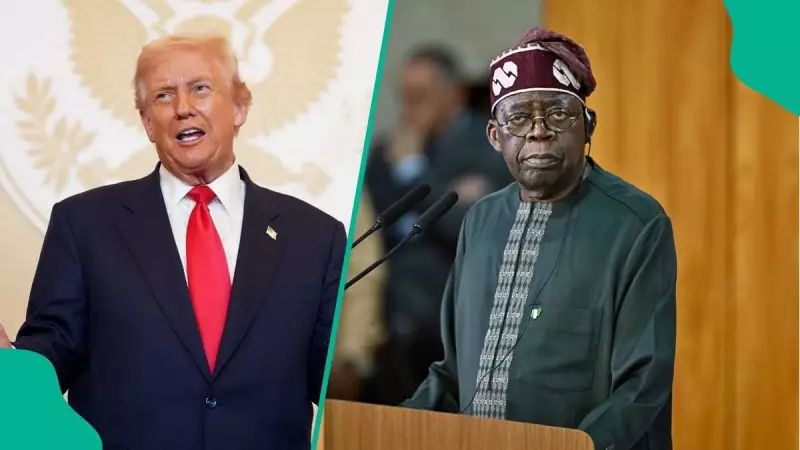
Amid escalating security threats and deepening economic hardship across Africa's most populous nation, Nigeria's Senate finds itself at the center of a growing storm of criticism. Many citizens and political analysts are asking a troubling question: Is the upper legislative chamber truly fulfilling its constitutional mandate to protect Nigerian interests?
The Growing Disconnect Between Leadership and Reality
Recent developments have exposed what appears to be a significant gap between the Senate's activities and the urgent needs of ordinary Nigerians. While communities grapple with insecurity, rising inflation, and infrastructure decay, the legislative agenda often seems disconnected from these pressing realities.
Multiple security challenges continue to plague various regions, from banditry in the northwest to separatist tensions in the southeast. Yet the Senate's response has frequently been criticized as "too little, too late" by concerned stakeholders.
Constitutional Responsibilities Versus Political Realities
The Nigerian Constitution clearly outlines the Senate's role in national security oversight, budget approval, and policy-making. However, political observers note that internal divisions and party politics often hinder effective action on critical national issues.
Several key areas where the Senate faces particular scrutiny include:
- Security oversight amid persistent violence in multiple regions
- Economic legislation to address inflation and unemployment
- Anti-corruption measures and transparency in governance
- Constituency representation and addressing citizens' immediate concerns
Public Perception and the Trust Deficit
Across social media platforms and in public discourse, many Nigerians express frustration with what they perceive as the Senate's inability to effectively address the country's most critical challenges. This growing trust deficit threatens to undermine the institution's legitimacy and effectiveness.
As one political analyst noted, "When citizens lose confidence in their representatives, the entire democratic system suffers. The Senate must urgently reconnect with the people it serves."
The Path Forward: Accountability and Action
For Nigeria to navigate its current challenges successfully, many believe the Senate must reassert its role as a crucial check on executive power and a voice for the people. This requires not just legislative activity, but meaningful results that improve security, strengthen the economy, and restore public trust.
The coming months will be critical in determining whether Nigeria's Senate can rise to meet the nation's expectations during this period of multiple crises.





